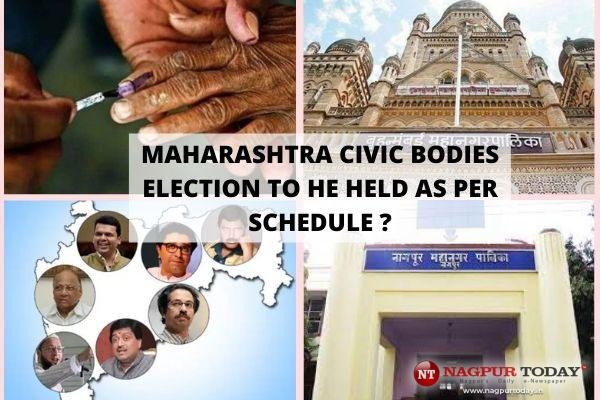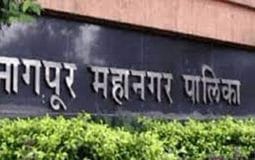The MVA move to usurp powers of State Election Commission and delay the municipal elections is likely to fizzle out
Nagpur: The overzealous move by the Maha Vikas Aghadi (MVA) Government in Maharashtra to usurp powers of State Election Commission (SEC) and delay the municipal elections is likely to fizzle out. The Maharashtra Legislative Assembly and Legislative Council on March 7 passed two bills that will enable the State Government to delay local body elections.
The local leaders of ruling parties in Nagpur were too favouring postponement of municipal elections in view of the trends in five State Assembly elections in which Congress is facing debacle.
The local body polls, notwithstanding the State Government move, would be held on time as per schedule to be announced by State Election Commission.
The Maharashtra Legislative Assembly unanimously passed Bills to amend the “Mumbai Municipal Corporation Act, the Maharashtra Municipal Corporations Act and the Maharashtra Municipal Councils, Nagar Panchayats and Industrial Townships Act 1965” and “Maharashtra Village Panchayats Act and the Maharashtra Zilla Parishads and Panchayat Samitis Act 1961”. The two bills allow the State Government to take over the powers of delimitation and ward formation for local body elections. These rights were earlier bestowed on the State Election Commission (SEC). As per these bills, the state poll panel will now decide the poll schedule for local and civic body elections in consultation with the state government. Further, the amendments have also proposed cancellation of the delimitation process and fixing of wards of the civic and local bodies by SEC. The Maharashtra SEC, which came into existence in 1994, has been undertaking this activity in the past.
However, the renowned lawyer Adv Shyam Dewani explained in simple legal terms that the decision of the the MVA Government will not stand scrutiny of the courts. “No State Government can take over the powers of State Election Commission in deciding the poll schedule and other relevant proceedings. The Government, however, will recommend the poll schedule to the SEC. But it is the Election Commission will take the final call on poll schedule. ” Adv Dewani asserted.
The term of 10 Municipal Corporations including Nagpur and 25 Zila Parishads will end this month and polls were expected to be held this year. The Supreme Court in March 2021 had, however, struck down Other Backward Classes (OBC) reservations in local polls. Since then the Maharashtra Government has been trying to explore various legal avenues for restoring this quota.
In January, the Supreme Court had directed the Maharashtra Government to submit a report on the status of OBCs in the state. The report was compiled by the Maharashtra State Commission for Backward Classes (MSCBC) which made recommendations on their representation in elections to the local bodies. The MSCBC, in its 35-page report submitted in February, had recommended up to 27 per cent reservation for OBCs. The report was then submitted to the Apex Court.
The Supreme Court during its March 4 hearing, however, rejected the report stating that the report was not based on empirical data. During the hearing a bench of Justices A M Khanwilkar and C T Ravikumar said, “The report itself mentions that the same is being prepared in absence of empirical study and research by the Commission. Having failed to do so, the Commission should not have filed the interim report.”
The top court order directed the State Election Commission to notify the election process in local bodies without further delay and to comply with its earlier order which directed that the OBC seats be treated as general category. The Maharashtra Government felt that holding elections without OBC reservations could hurt them politically at a time when various committees are asserting their political rights and are seeking reservations. The government has since then claimed that it will not hold these elections without the OBC quota.
However, passing the two bills will help the State Government buy time. The government is hoping that by reviewing the ward demarcation exercise it can gain time to work on a final report on the situation of OBCs in the state. The State is hoping that if a proper report with empirical data is presented before the SC it would be able to restore OBC reservation. However, for completion of this report it needs time and the new Bills will give it the power to prolong the elections.

















